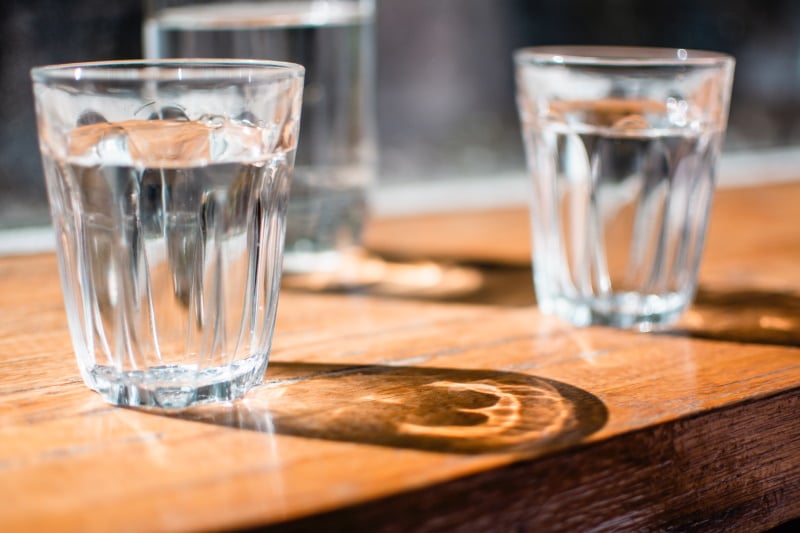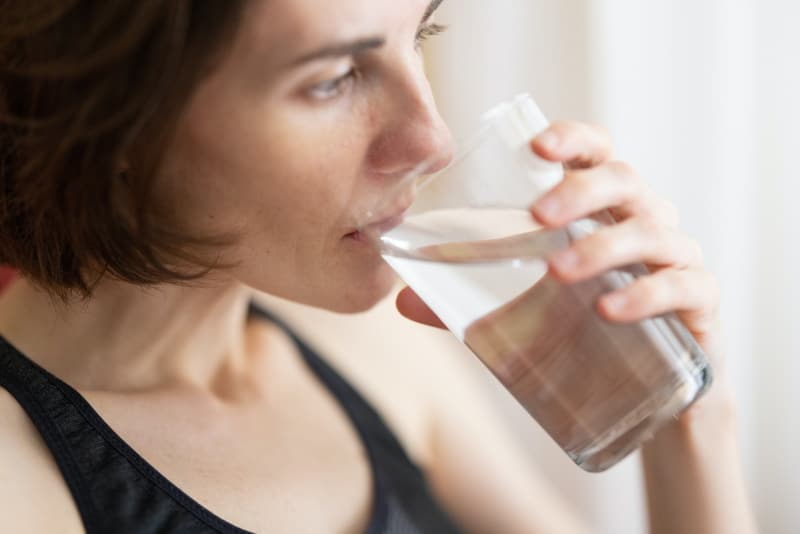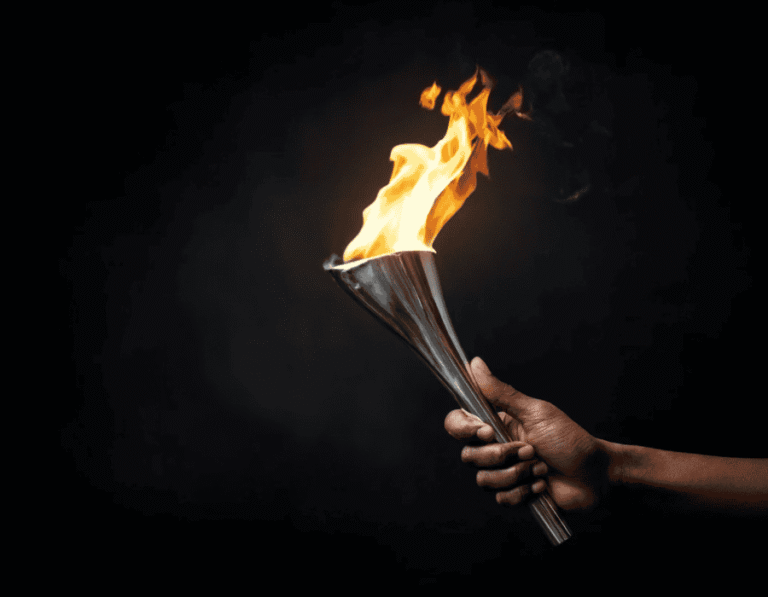Water is essential for keeping all major systems of your body working properly. Drinking enough water helps regulate your body temperature, assists with digestion, flushes out waste products, and aids all major bodily functions. But is drinking too much water bad for you?
Let’s take a closer look…
Is Drinking Too Much Water Bad for You?
Basically yes.
When you drink too much water, you may experience overhydration.
Overhydration can lead to water poisoning or water intoxication. This happens when the amount of salt and other electrolytes in your body becomes too diluted. Sodium is the electrolyte most affected by overhydration.
When sodium levels in your body become dangerously low, this leads to a condition called hyponatremia. Sodium is a vital element that helps keep the balance of fluids in and out of cells. When levels drop due to a high amount of water in the body, fluids get inside the cells. Then the cells swell, putting you at risk of having seizures, going into a coma, or even dying.
Overhydration can also cause disruption to brain function. When there’s too much water in the cells (including brain cells), it causes them to swell, adding more pressure to the brain. When this happens, you may start experiencing things like confusion, drowsiness, and headaches. Increased pressure could also cause conditions like high blood pressure and a low heart rate.
There’s no single formula to determine how much water you should drink daily. But the popular rule of thumb of eight glasses a day is a good starting point. Your intake should be adjusted according to your environment, exercise regimen, overall health, and conditions like pregnancy or breastfeeding.

8 Signs You are Drinking Too Much Water
1. Color of your urine
One of the easiest ways to determine if you’re drinking enough water is to monitor the color of your urine. Usually ranging from pale yellow to tea-colored due to the levels of the pigment urochrome and water in your body.
If your pee is clear often, that’s a sign you’re drinking too much water in a short span.
2. The number of times you urinate
If you’re taking too many trips to the bathroom, you’re probably drinking far too much water. You should urinate six to eight times a day. Going to the bathroom up to 10 times a day is normal for people who drink a lot of water or people who regularly drink caffeine or alcohol.
3. You drink water even when you’re not thirsty
Is drinking too much water bad for you? Well, it could be if you’re not letting your body tell you you’re thirsty. Your body avoids dehydration by sending you thirst signals to let you know that you need to drink some water.
4. Cramping and weak muscles
When electrolyte levels drop due to too much water, your body balance goes down. This can lead to muscle spasms and cramping. This is something athletes need to look out for.
5. Nausea or vomiting
Strangely enough, symptoms of overhydration can look like those of dehydration. When you have too much water in the body, the kidneys can’t remove excess liquid. This causes the water to collect in the body, leading to nausea, vomiting, and diarrhea.
6. Throbbing headaches all day
Headaches are another thing that could signify hydration and dehydration. Excess water in the body causes sodium levels to go down and cells to swell. This swelling causes your brain to feel more pressure than it should, resulting in headaches and could even lead to brain impairment.
7. Discoloration in hands, feet, and lips
When you’re overhydrated, you’ll notice some swelling or discoloration of your feet, hands, and lips. When cells swell, so does your skin.
8. Fatigue
Drinking too much water causes your kidneys to work overtime to remove the excess amount. This creates a hormonal reaction that makes you feel stressed and tired. If you can’t get out of bed after drinking too much water, it’s because your kidneys are overworked.

Risks of Overhydration
Overhydration in its early stages can cause you to experience these symptoms:
- Nausea and vomiting
- Constant throbbing headaches
- Changes in mental state like confusion or disorientation
As it worsens, you may even experience:
- Muscle weakness, spasms, or cramps
- Seizures
- Unconsciousness
- Coma
If you’re experiencing overhydration symptoms, it’s best to see a doctor – use the Air Doctor app to find a medical professional near you. However, for more serious symptoms, it’s essential to head to the emergency room.
FAQS
There are a number of potential reasons. If you continuously experience the sensation that you are not getting enough fluid, it could be due to an underlying condition like diabetes, diarrhea, high blood pressure, heart disease, cancer, liver problems, and other diseases of the digestive system.
In addition, it could also be due to you consuming water from a source that’s been stripped of naturally occurring minerals and electrolytes.
This could be an indication of kidney problems. If your urine is without visible urochrome or yellow pigment, it’s considered colorless urine. This is sometimes due to drinking excess water too.
Dark brown. This is due to the build-up of waste products in urine or urinating less often and in smaller amounts than usual. Foaming or fizzing urine may also be a sign of kidney failure.












